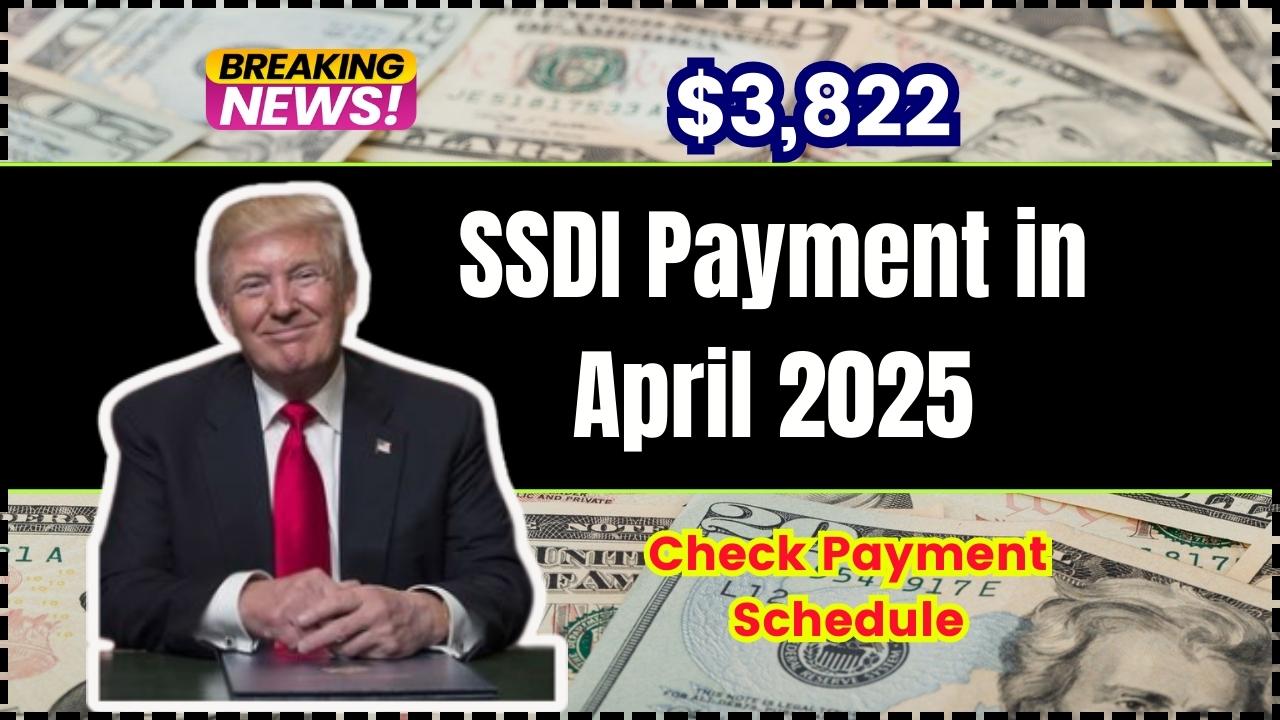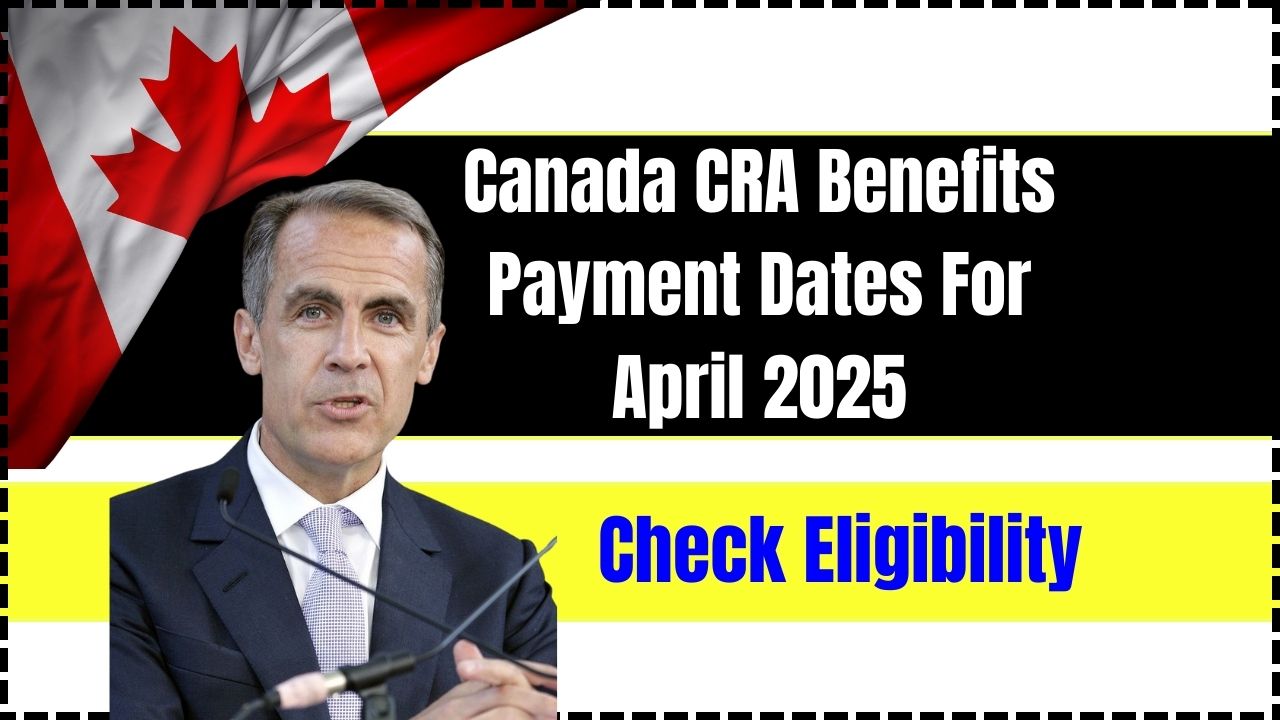Universal Credit Extra Monthly Support of £578.82: Navigating the UK benefits system can be overwhelming, but understanding what you’re entitled to makes all the difference. If you’re wondering about the Universal Credit Extra Monthly Support of £578.82, this article will walk you through who qualifies, how it works, and how to apply with confidence. As of April 2025, £578.82 is the standard monthly allowance for a couple where both are aged 25 or over. But that’s just the beginning—many households can receive significantly more with additional elements depending on factors like children, rent, disabilities, or caring responsibilities.
Universal Credit Extra Monthly Support of £578.82
The Universal Credit Extra Monthly Support of £578.82 is a lifeline for many UK households. Whether you’re struggling with rent, raising children, or caring for a loved one, there’s a range of additional support available on top of the base rate. Applying online is straightforward, and understanding your entitlements can lead to hundreds of pounds more per month.

| Topic | Details |
|---|---|
| Standard Monthly Allowance | £578.82 for couples (25+) |
| Other Allowances | Child, housing, disability, carer, childcare |
| Who’s Eligible | UK residents, aged 18+, low income or out of work |
| Savings Limit | Under £16,000 (joint or individual) |
| Where to Apply | GOV.UK Universal Credit |
| Payment Start Time | First payment in ~5 weeks after applying |
| Support Agencies | Citizens Advice, Turn2us, local councils |
What Is Universal Credit?
Universal Credit is a monthly benefit paid by the UK government to support people who are on a low income, unemployed, or unable to work. It has replaced six older benefits into one simpler payment, including:
- Income Support
- Income-based Jobseeker’s Allowance (JSA)
- Income-related Employment and Support Allowance (ESA)
- Housing Benefit
- Child Tax Credit
- Working Tax Credit
This monthly support is tax-free and designed to cover essentials like rent, food, childcare, and daily living costs.
Breakdown of Standard Allowance
| Category | Monthly Amount (2025/26) |
|---|---|
| Single (under 25) | £311.68 |
| Single (25 or over) | £393.45 |
| Couple (both under 25) | £489.23 |
| Couple (one or both 25+) | £578.82 |
Additional Elements You Might Be Entitled To
1. Child Element
- First child (born before April 2017): £339.00/month
- Subsequent children (or any born after April 2017): £292.81/month
Example: A couple aged 27 with two children under 10 may receive over £1,100/month, including child elements.
2. Childcare Costs
Universal Credit can cover up to 85% of your childcare expenses:
- Up to £1,031.88/month for one child
- Up to £1,768.94/month for two or more
This is especially valuable for working parents struggling with nursery or after-school care costs.
3. Housing Costs
If you rent your home, Universal Credit may cover part or all of your rent (depending on local rates and your circumstances). If you own a home, you may get Support for Mortgage Interest (SMI) as a loan.
Example: If you rent privately and pay £800/month, a significant portion may be covered, particularly if you’re not working.
4. Disability or Health-Related Support
If you have a health condition that limits your ability to work, you could receive:
- £423.27/month for Limited Capability for Work and Work-Related Activity (LCWRA)
5. Carer’s Element
If you care for someone for 35+ hours per week, you may qualify for:
- £201.68/month Carer’s Element
Who’s Eligible?
To claim Universal Credit, you must meet all of the following:
- Be aged 18 or over
- Be under State Pension age
- Be living in the UK
- Have savings and investments of less than £16,000
- Have low or no income
You can apply if you’re:
- Working (including self-employed or part-time)
- Unemployed
- Unable to work due to health reasons
If you live with a partner, your income and savings are assessed jointly—even if they’re not applying.
How to Apply for the Universal Credit Extra Monthly Support of £578.82: A Step-by-Step Guide
Step 1: Check Your Eligibility
Use a benefits calculator like:
- Turn2us Calculator
- EntitledTo
Step 2: Prepare Your Information
You’ll need:
- National Insurance number
- Email address and phone number
- Income details (payslips, benefits)
- Savings and investments
- Rent and housing costs
- Childcare payments and provider details (if applicable)
Step 3: Apply Online
Visit GOV.UK to create an account and submit your claim.
Step 4: Attend an Interview
You may be asked to attend a Work Coach appointment (usually online or via phone).
Step 5: Wait for Your First Payment
It typically takes 5 weeks to get your first payment. If needed, request a Universal Credit Advance to cover urgent costs.
Tips to Maximize Your Support
- Report changes promptly (e.g., income, childcare, relationship status)
- Apply for Free School Meals, Council Tax reduction, and NHS cost help if you receive Universal Credit
- Use your Universal Credit Journal regularly to communicate with your Work Coach
DWP Announces Increased PIP & DLA Payments for April 2025 – Check Eligibility and Dates
£4,200 Pension Credit Boost in April 2025: Will you get it? Check Eligibility
£549 Weekly State Pension Released by DWP – Check Eligibility & Payment Date
Frequently Asked Questions (FAQs)
How long does it take to receive my first payment?
Usually around 5 weeks, though you can request an advance payment.
Can I get Universal Credit while working?
Yes. Your earnings are considered, but you can still receive support—especially for childcare and rent.
What if I have more than £16,000 in savings?
You won’t be eligible. Between £6,000 and £16,000, your support is reduced on a sliding scale.
Will it cover my entire rent?
Not always. It depends on your income and local housing allowance (LHA) limits.
Can I be sanctioned?
Yes. If you don’t meet your Claimant Commitment (e.g., job search requirements), your payments can be reduced temporarily.






